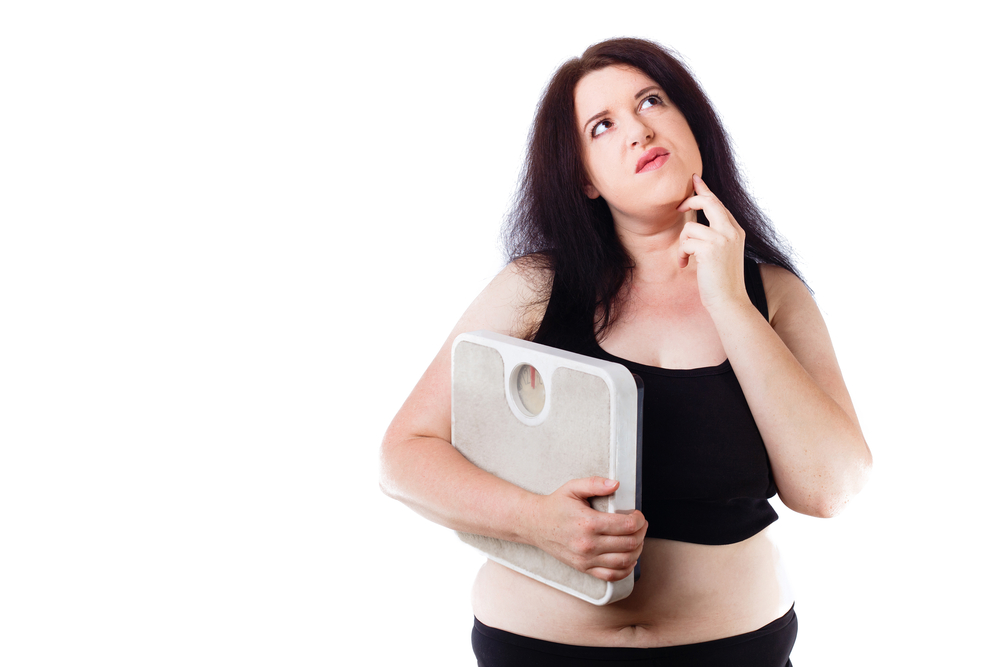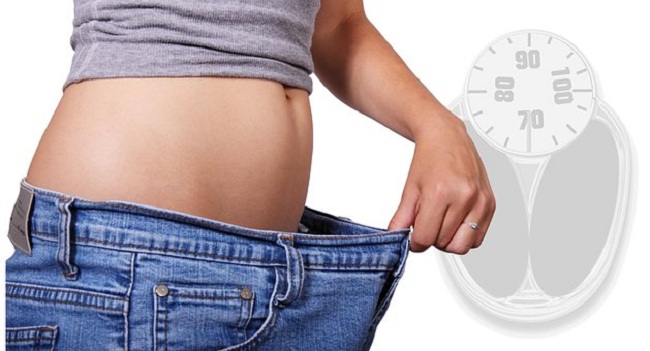Contents:
- Medical Video: How Does Exercise Impact Weight Loss?
- How long does it take to lose weight?
- Several factors influence how quickly changes will occur
- 1. Sports factors
- 2. Biological factors
- 3. Factor of nutritional intake
- 4. Stressful conditions
- Just live this principle, your weight will definitely go down
Medical Video: How Does Exercise Impact Weight Loss?
For those of you who are trying to lose weight, you may often wonder when you can lose weight? When can BMI (body mass index) fall into the ideal category? Well, do you know the answer until now? Take it easy, if you are still wondering when you lose weight after starting a diet, see the following review.
How long does it take to lose weight?
Unfortunately, there are no definitive answers to how quickly the weight loss will be seen. According to Robbie Clark, a sports nutritionist, there is no exact calculation about this thing. Because each person is different, including their body's response to the exercise that is carried out. People's metabolic rate also varies so it is difficult to make a benchmark of how fast it should be to lose weight.
Some people who have started exercising regularly 3 times a week and limiting calories may lose 1 kilogram in 1.5 to 2 weeks after starting a diet. However, many are not like this, so this size cannot be used as a benchmark.
Actually, the ideal weight loss every week ranges from 0.5 to 1.5 kilograms. So within a month, it is expected to lose 2-5 kilograms. It is not recommended to lose weight immediately, for example 10 to 20 kilograms per month. This will actually have a negative impact on your health.
Several factors influence how quickly changes will occur
1. Sports factors
People who both exercise 3 times a week don't necessarily experience the exact same weight loss. This all depends on the duration of each exercise, the intensity of the exercise, and also the type of exercise performed. Therefore, sports are difficult to determine as to how quickly weight loss.
2. Biological factors
Talking about biological conditions is certainly not far from the body's metabolism. The body must carry out basic functions (breathing, thinking, flowing blood, etc.) that will use 50-70 percent of calories in the body. The rate at which your body uses calories or energy for basic functions of the body at rest is called the basal metabolic rate or basal metabolic rate (BMR).
Because each person's metabolism is different, then the speed of weight loss after starting the diet will also be different between one person and another.
3. Factor of nutritional intake
Your nutritional intake is also an important factor. Ideally, for weight loss reduce 500-1,000 calories per day. For example, if you usually eat 200 grams of rice every meal, you can reduce it to 100 grams, from which you have reduced 175 calories from what you normally eat.
In fact, not everyone will obey his diet or even do the wrong thing when reducing eating. Some consider reducing eating, but still drink high-calorie drinks (ice sweet tea or soda for example).
There are also people who force themselves to cut too many calories, for example 1,400 calories. So it's possible to lose weight fast, but it won't last long because the body lacks essential nutrients. This is what makes the speed of weight loss vary for each person.
4. Stressful conditions
According to Dr. Pamela Peeke on the Prevention page, stress can inhibit the process of losing weight or even adding weight. Every time you are stressed, the brain releases adrenaline. This hormone makes the body tend to store more energy (calories) in the body.
At the same time, your body also experiences a surge in cortisol, which tells your body to immediately replenish energy even though you haven't used enough calories in your body. As a result you become hungry, even very hungry. The body will continue to pump cortisol as long as stress continues. You also becomecravings sweet, salty, and high-fat foods to stimulate the brain to release brain chemicals that cause happy effects and reduce tension.
Well, in people who are experiencing stress, even losing weight will be more difficult. It takes even longer to lose weight because of the stress conditions they experience.
Just live this principle, your weight will definitely go down
Don't worry about waiting for your weight loss results, what is clear to lose weight do the following:
- Be realistic about the target of your diet.
- Drink water half an hour before eating.
- Exercise regularly, at least 3 times a week.
- Reduce carbohydrate sources that are high in simple sugars.
- Pay attention to your meal portions.
- Use smaller plates than usual.
- Eat your food slowly and focus at mealtime.
- Avoid sugary drinks or empty calories.












